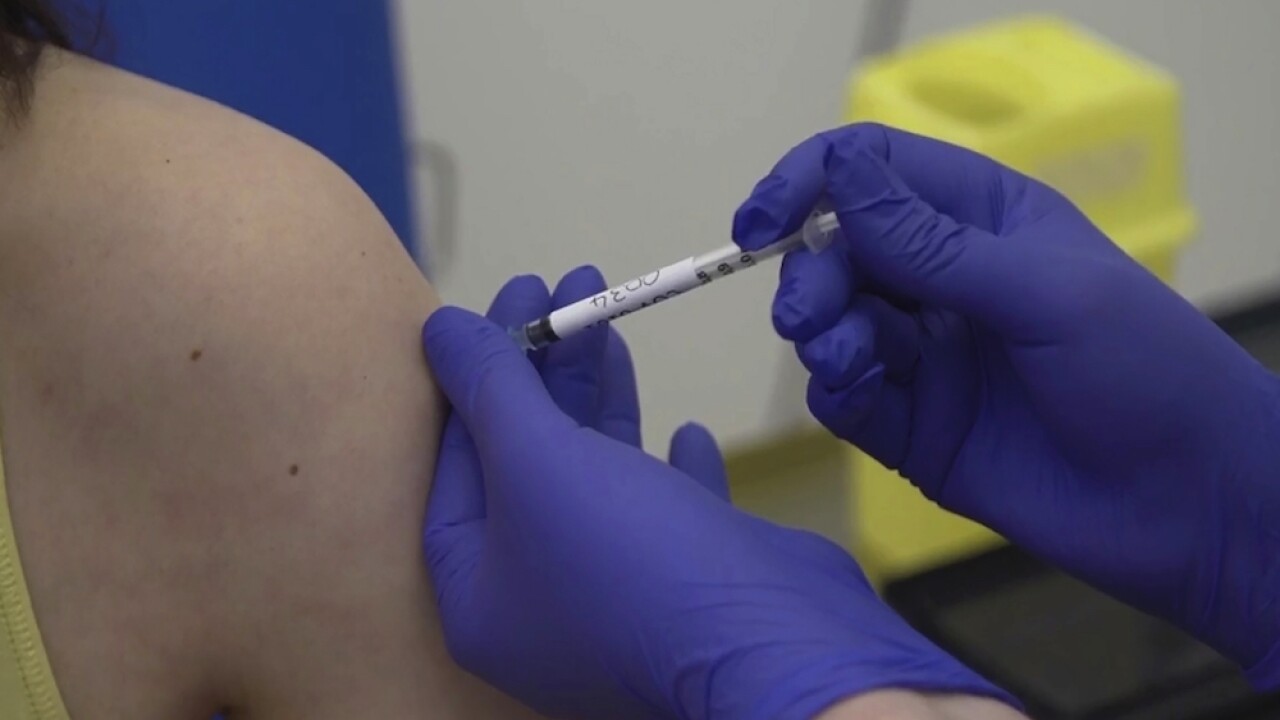A company that is partnering with the National Institutes of Health to develop a vaccine for the novel coronavirus reported encouraging results Monday from its Phase 1 human trial.
In a press release, Moderna says that after testing the vaccine in eight subjects at both low and medium dosage, all test subjects have antibodies in their bloodstream that could fight off the coronavirus.
Three patients who received a higher dosage reported "systemic" symptoms in connection with the vaccine, but Moderna says all side effects have been "transient and self-resolving," and none were serious.
Moderna said during its Phase 2 trial will focus on two dosage levels. Results from those tests will inform the dosage for a large-scale Phase 3 trial, tentatively scheduled to begin in June.
“With today’s positive interim Phase 1 data and the positive data in the mouse challenge model, the Moderna team continues to focus on moving as fast as safely possible to start our pivotal Phase 3 study in July and, if successful, file a BLA,” Stéphane Bancel, Moderna's CEO said in a press release. “We are investing to scale up manufacturing so we can maximize the number of doses we can produce to help protect as many people as we can from SARS-CoV-2.”
Though the vaccine has only been tested on a microscopic scale, it offers a promising milestone in the White House's ambitious plan to develop a viable coronavirus vaccine by the end of the year. Dr. Anthony Fauci said during a Senate hearing last Tuesday that the NIH would know by fall or early winter if the NIH vaccine would be effective, and on Friday, President Donald Trump said it was his plan to have a vaccine widely available by Jan. 1.

